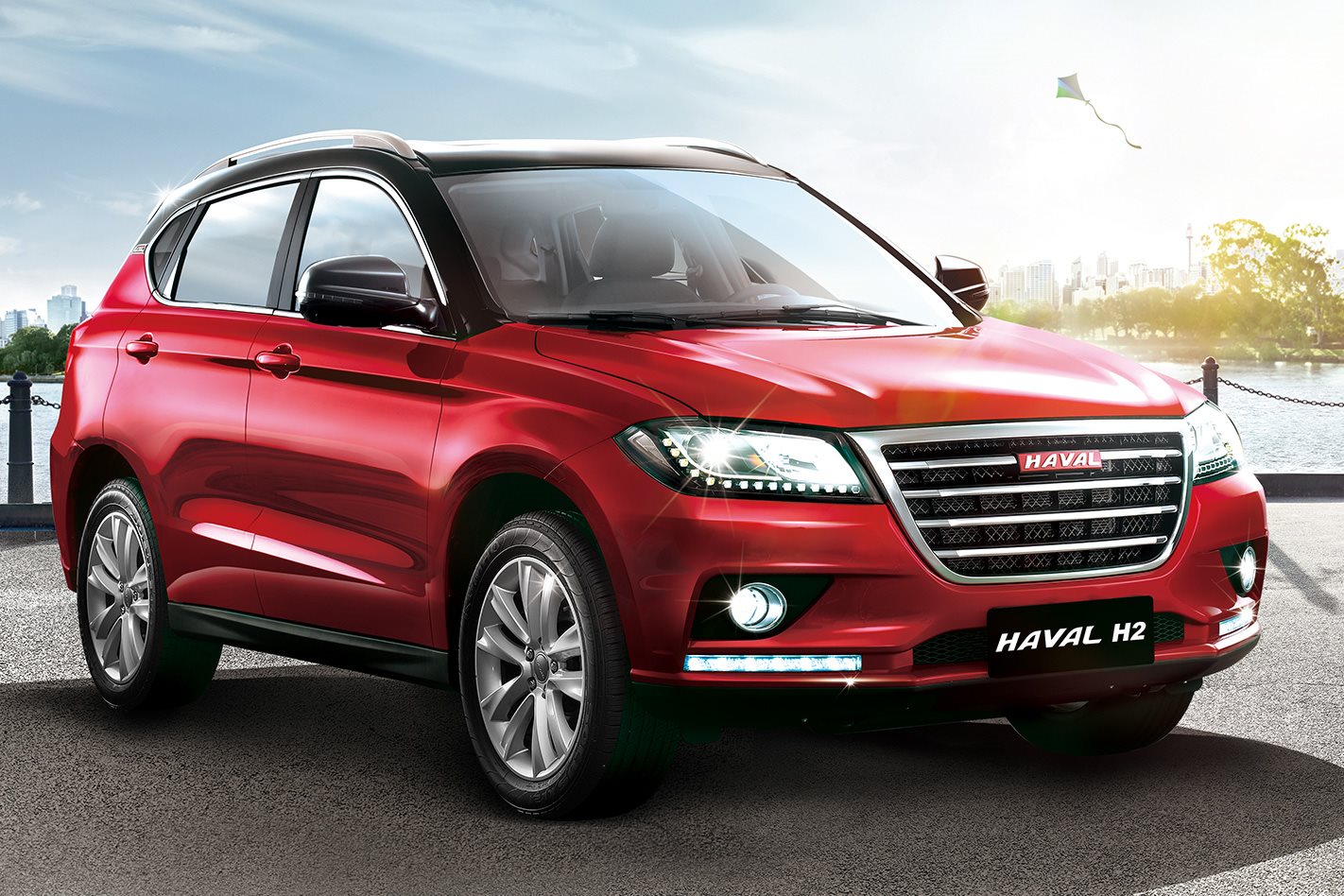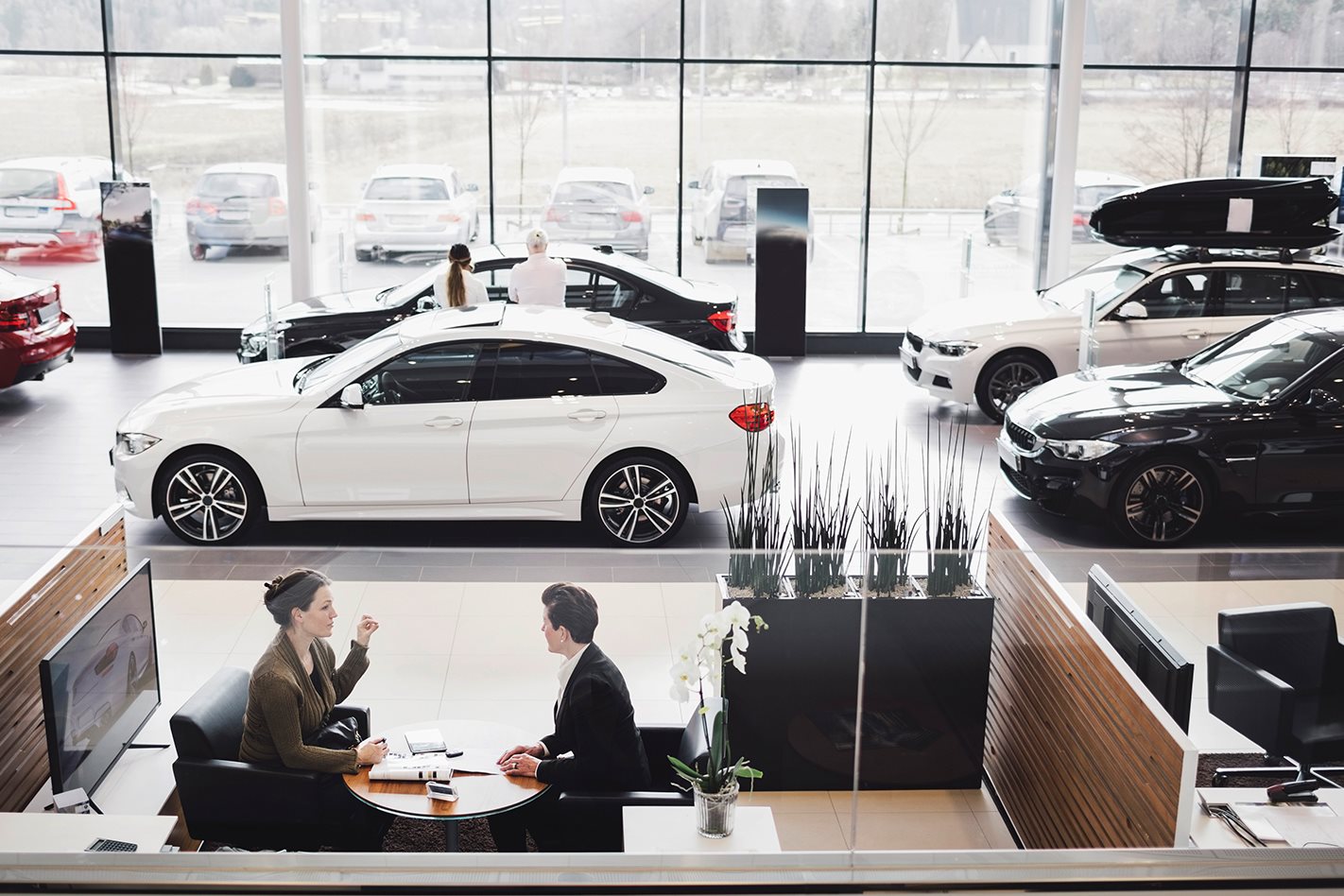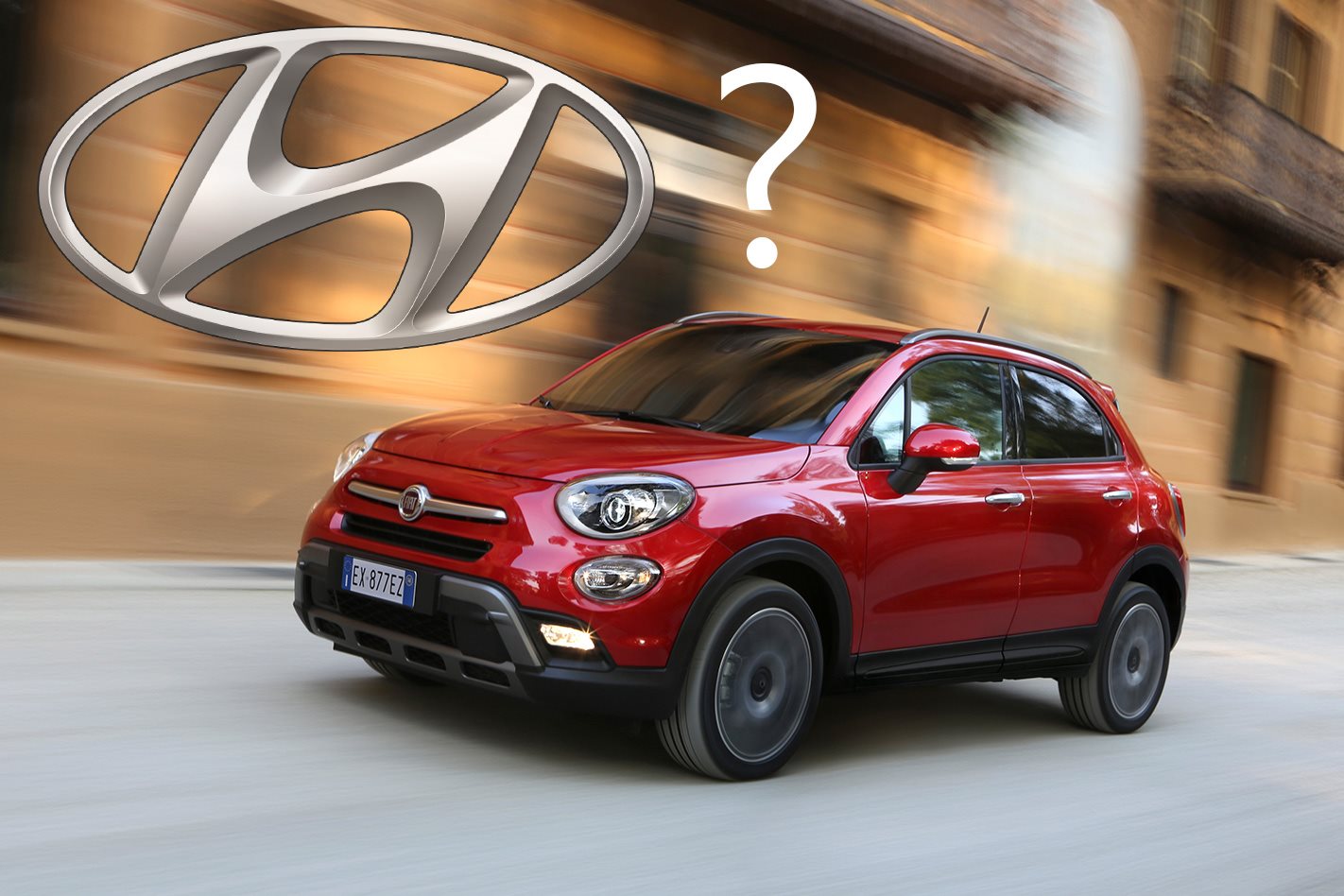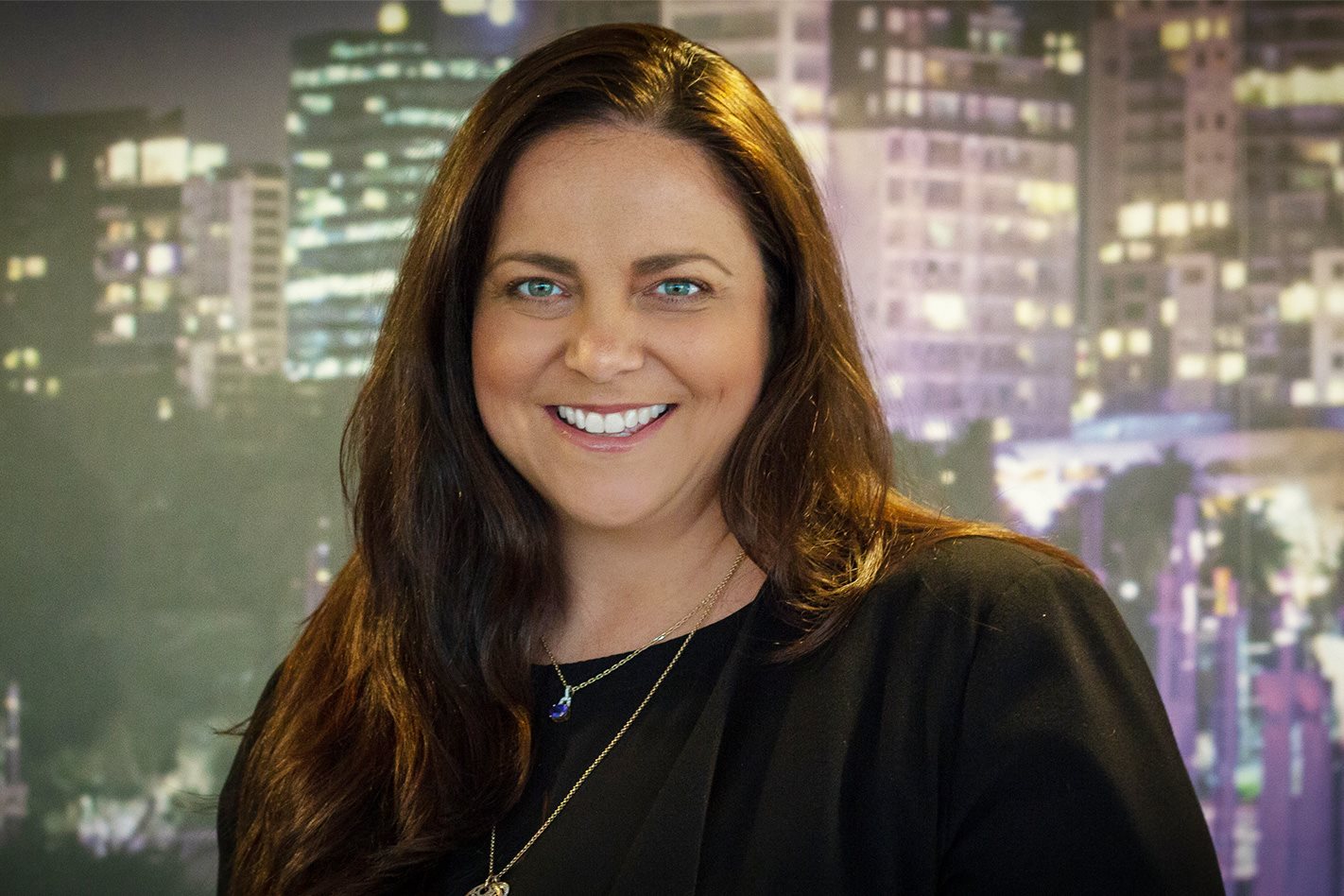SUV MAKER Haval has become the first Chinese car builder to position itself in Australia as a premium product, launching well equipped small and large wagons that will cost more than popular base models from established competitors.
Haval, which is also the first Chinese passenger car brand to be owned and operated in Australia by its parent company in China, said its four dealerships would get their first cars this week.
The ambitious strategy from Haval Motors Australia (HMA) – owned by Chinese manufacturer Great Wall Motors – distinguishes it not only from the several brands of Chinese commercial vehicle on sale here but also from now flourishing Korean brands such as Hyundai and Kia, and even from the now dominant Toyota. All began in Australia with cheap, small, price-leading cars.
Australia is the first right-hand drive export market for Haval, and the SUV-only manufacturer has begun with three models: a small H2, a large five-seat H8 and a seven-seat H9.
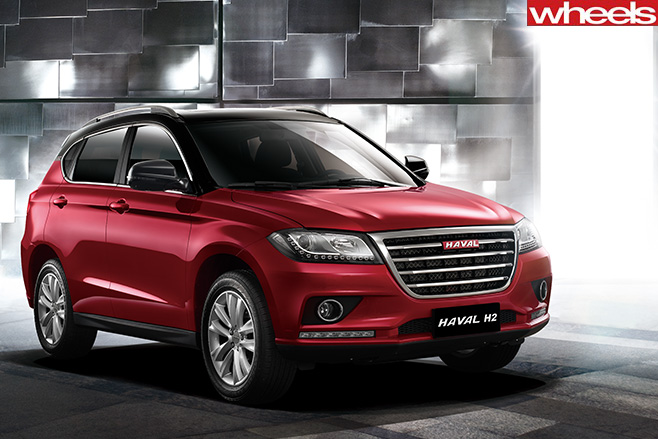
Standard equipment includes a sunroof and a reversing camera, as well as two-tone colour choices. Power comes from a 110kW/210Nm 1.5-litre turbo-petrol engine, with a fuel claim of 8.2L/100km.
Haval says it expects all models will achieve five-star ANCAP safety ratings. That safety claim extends to the leather-trimmed, $41,990 H8, which Haval says is a rival for the Mazda CX-5, Toyota Kluger and Jeep Grand Cherokee, and the H9, which boasts seven seats, a ladder chassis and a proper four-wheel drive system.
The H9 is chasing the Toyota Prado and Ford Everest but it is significantly cheaper, starting at $46,500. However both the H8 and H9 are powered by relatively small, 2.0-litre turbo-petrol engines, with no diesel option. Haval is working on a larger diesel engine but is focussed on a hybrid H7 model, due in 2016.
HMA managing director Parker Shi said he did not fear the slowing down of the Chinese and Australian economies.
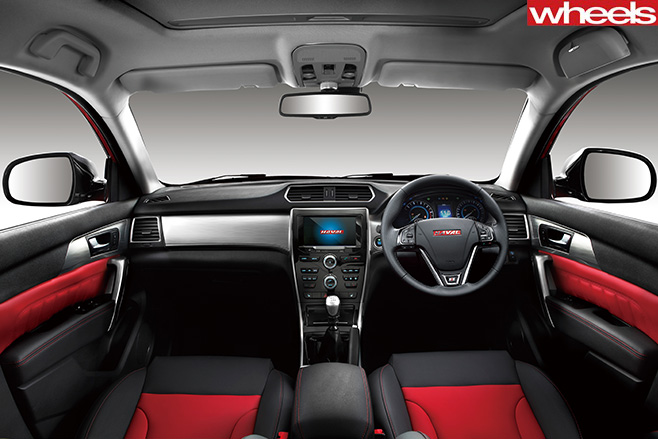
Nor did Shi admit apprehension over currency fluctuations and their potential impact on the cost of delivering in Australia.
“If we really think that the exchange rate will kill us, and the company cannot afford the risk, then the company would have no future,” he said. “But the company is big, good – we can carry on [regardless].”
HMA said that by the end of this year it aimed to add six dealers to the four it confirmed this week. It hopes to have 25 operating across Australia by the end of 2016.
At the Shanghai motor show in April last year, CEO Wang Fengying said Haval wanted to become the biggest-selling SUV brand in Australia. Shi said this week that this goal still stood, but he declined to post a volume goal or a timeframe.
“We are at the start. First we must learn how to walk,” he said. “We realise that if we don’t have the target, we won’t achieve our dream.”
Haval declined to comment on the current legal conflict between Great Wall and local importer Ateco, beyond denying it would negatively affect Haval’s sales or brand image.
The SUV market segment is the fastest growing in Australia – and China – this year, accounting for one in three vehicles sold here. Toyota was the segment leader in Australia over the full year of 2014, selling 56,660 SUVs.

